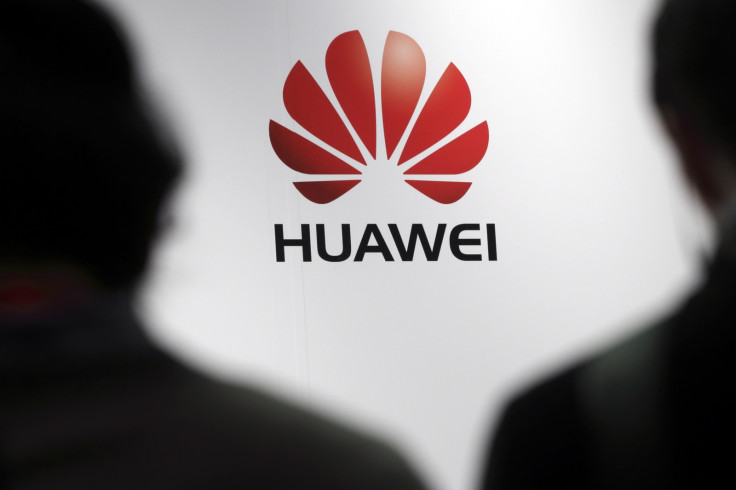Huawei is second most popular smartphone brand in Europe, overtaking Sony and HTC

Huawei is the second most popular brand of Android smartphones in Europe, behind only Samsung. The relatively unknown Chinese company and its lesser-known Honor subbrand have surged from sixth to second in the rankings in just 12 months.
According to data compiled by analysts at Kantar Worldpanel, Huawei's surging performance was seen across Germany, France, Italy, Spain and the UK. The success of Huawei and Honor comes from selling flagship handsets at budget prices, making them far more affordable than the Samsung Galaxy alternatives.
Sponsoring high-profile football clubs like Arsenal, Paris Saint-Germain and AC Milan, as well as launching the Huawei Watch, has helped the company overtake Sony, HTC and Motorola. The Watch went on sale in the UK on 5 November, eight months after it was first announced, and costs from £289.
HTC, Sony and Motorola are getting weaker
Carolina Milanesi, chief of research at Kantar, said: "Thanks to an increase in marketing focus and the weakening of brands such as Sony, HTC and Motorola, Huawei was able to rise to second place among Android brands in Europe from sixth place in 2014. With a wider portfolio of products ranging from the high-end all the way to the low-end, Huawei made particular inroads in Spain and Italy."
Those latter two markets were previously strong buyers of low- and mid-range Nokia Lumia handsets, which struggled in the more affluent UK and Germany. But since Microsoft's acquisition of Nokia's phone-making business, the Lumia brand has yet to receive a reboot strong enough to lure consumers back from affordable Chinese brands like Huawei.
As for smartphone sales more generally, Android's share across the five main European countries fell from 75.1% to 74% in the three months to September 15, compared to last year. Apple's iOS gained 1.7%, while Windows grew 0.2%. Blackberry is no longer included in its own right, and is instead grouped into Kantar's 'other' category, which almost halved to a 1% share.
In the UK, the fall of Android and rise of iOS was more obvious. Android fell by 6.7% in the quarter to hold 51.4% of the market, while iOS grew 7.8% to earn itself a 38.3% share of smartphone sales – and this was just before the new iPhone 6s and 6s Plus went on sale.
© Copyright IBTimes 2025. All rights reserved.






















